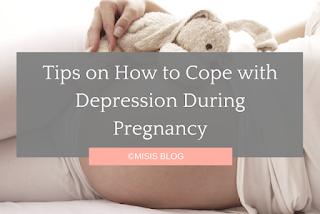Having a baby is an exciting and life-changing event, but it can also be overwhelming as there are so many things to think about and prepare for. One thing that can help you stay organized and on track is to create a checklist of everything you need to do before the baby arrives. This can include everything from setting up the nursery to packing a hospital bag and preparing for the financial aspects of having a baby. By following this checklist, you can ensure that you are as prepared as possible for your new arrival and avoid the stress of last-minute scrambling.
Here is a comprehensive checklist to help you stay organized and prepared for your new baby:
1.Set up the nursery: This includes everything from setting up the crib and changing table to putting up curtains and decorations. Make sure you have all the necessary furniture and baby gear, such as a stroller, car seat, and diaper pail.
2.Stock up on essentials: You will need a lot of diapers, wipes, and other baby essentials, so start stocking up now. You may also want to consider purchasing some larger items, such as a breast pump or high chair, in advance.
3.Prepare for the financial aspects of having a baby: This includes budgeting for additional expenses and considering any potential changes to your income. You may also want to start a college savings plan or update your will.
4.Pack a hospital bag: Make sure you have everything you need for your stay at the hospital, including clothes, toiletries, and any medications you may be taking. Don't forget to pack a going-home outfit for the baby and a car seat for the ride home.
5.Plan for postpartum care: Make sure you have a plan in place for how you will manage the first few weeks after the baby is born. This may include arranging for help with childcare, meals, and household tasks.
6.Take care of yourself: Remember to prioritize your own health and well-being during this time. Make sure you are getting enough rest, eating a healthy diet, and staying hydrated.
By following this checklist, you can ensure that you are as prepared as possible for the arrival of your new baby. Don't be afraid to ask for help or delegate tasks to others if you need to. The most important thing is to take care of yourself and your new family.




.png)





